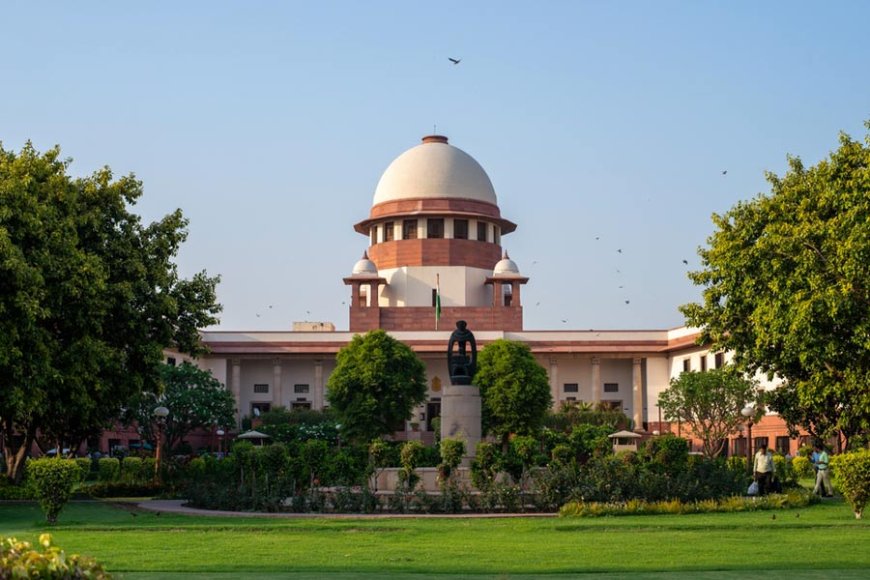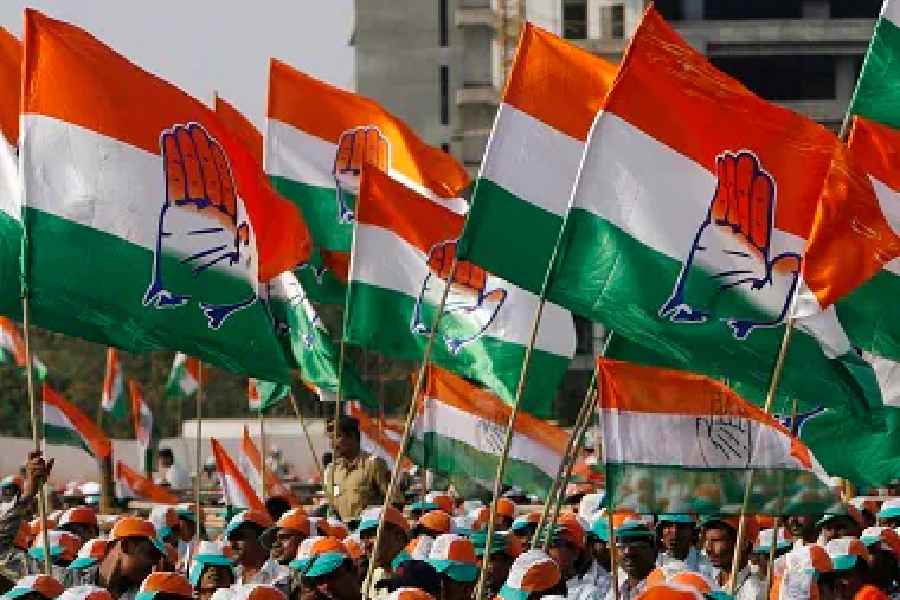Supreme Court Overturns NDA's Electoral Bond Scheme, Citing Unconstitutionality and Potential for Influence Peddling
Landmark Decision Exposes Anonymous Political Funding and Strengthens Transparency Measures

The NDA government's 2018 electoral bond plan, which permits anonymous payments to political parties, was overturned by a five-judge constitution bench of the Supreme Court on Thursday. The court said that the program is "unconstitutional" and "manifestly arbitrary," and that it may aid affluent contributors in influencing policy decisions.
Ahead of a general election, the bench's majority decision also tore the veil of secrecy off the hundreds of crore rupees in contributions made via the program.
It ordered the SBI to cease issuing electoral bonds and to provide the Election Commission with all the information pertaining to each bond that has been bought and redeemed during the last six years, including the amount, date, donor, and receiver.
By March 13, the poll panel is required to post all of these facts on its website.
Chief Justice of India D.Y. Chandrachud, who authored the majority ruling, discussed how significant, anonymous contributions made by wealthy individuals to the ruling party can result in "quid pro quo" in the form of "influence over policy-making," strengthening "the close nexus between money and politics" and essentially giving the donor "a seat at the table."
Political parties reported to the Election Commission each year the total sum they received via electoral bonds during that fiscal year, even though the program permitted contributors to remain anonymous. The majority of the contributions made under the program, according to media sources, went to the governing Bharatiya Janata Party.
The Association for Democratic Reforms, a non-governmental organization, and several other parties filed a number of public interest pleas, arguing that the electoral bond scheme violated Articles 19 and 21 (personal liberty and freedom of speech), and that it encouraged corruption by allowing corporate entities and political parties to engage in trade-offs. The court ruled on these arguments.
The petitioners claim that official statistics showed that over 90% of the electoral bonds bought were in denominations of Rs 1 crore, proving that corporate entities rather than private citizens were the purchasers.
However, they said that the anonymity made it difficult for investigative organizations like the CBI and the Enforcement Directorate to pinpoint the malfeasance.
On behalf of himself, Justices B.R. Gavai, J.B. Pardiwala, and Manoj Misra, Justice Chandrachud wrote the majority ruling. Justice Sanjiv Khanna, the second-most senior member of the Supreme Court, issued a distinct but concurring opinion.
Because money and politics are closely related, different degrees of political involvement are a result of economic inequality. First and foremost, political donations provide the donor with a "seat at the table," according to Justice Chandrachud.
In other words, it makes lawmakers more accessible. This access also translates into a say in how policies are made. Due to the tight relationship between politics and money, an economically prosperous individual is more likely to be able to contribute financially to political parties. It is also possible that such payments might result in quid pro quo agreements.
"Quid pro quo agreements might take the shape of changing policy or giving the donor a license. Contributions are not restricted to the campaign or pre-campaign period, therefore they have the potential to impact policy in addition to election results.
Even when a political party or coalition of parties becomes (the) government, financial donations may still be made. In these kinds of circumstances, the likelihood of a quid pro quo agreement is significantly greater. A voter might determine if policy-making and money donations are related by knowing about political finance.
The bench dismissed the Center's claim that the program's guarantee of anonymity not only made money-laundering and hiding illicit funds less common, but also protected donors from being victimized by organizations to which they had not donated.
"The contributor has several options: the electoral bond could be physically given to a legislator or office-bearer of the political party; it could have been sent to the political party office with the contributor's name on it; or, following the deposit of the electoral bond, the contributor could disclose the details of the contribution to a member of the political party so that they can cross-verify," Justice Chandrachud stated.
"In addition, ninety-four percent of the contributions made through electoral bonds have been made in the denomination of one crore, according to the data on contributions made through electoral bonds," he said.
Except for the headline, this story has not been edited by Press Time staff and has been published from a syndicated feed.





















































